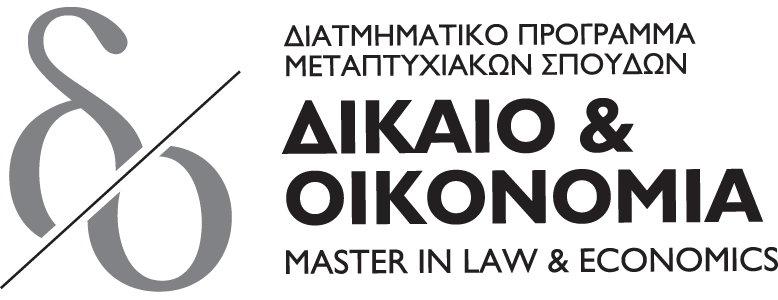Evaluation & Selection of Candidates
Who is accepted into the programme?
International Criminal Court, The Hague, Netherlands
The programme accepts those who hold a Bachelor’s diploma from a university or technical institute in Greece, or equivalent institutions abroad. Candidates that hold a degree from a university outside Greece must submit a document recognising it, which is issued by Interdisciplinary Organization for the Recognition of Academic Titles and Information (DOATAP in Greek) of the Greek Ministry of Education, Religious Affairs and Sports. Greek graduates should have a good working knowledge of English, French or German, while foreign graduates should have a good working knowledge of Greek.
The Process for Evaluating Candidates’ Applications
Each year and for every cohort of students, the Special Interdepartmental Committee sets up the Candidate Selection Committee, whose members are drawn from the members of the Special Interdepartmental Committee.
Evaluation of Applications
All documents contained within each candidate’s file are checked. If one or more documents are either missing, insufficient or invalid, the candidate will be notified that their application has been rejected.
The selection criteria for candidates include:
- Academic background and diploma grade(s).
- Level of knowledge of English/French/German (proven by the submission of a GMAT/GRE/TOEFL or another relevant certificate).
- The university and department that the candidate has studied in.
- Type and scope of work/research experience and/or peer-reviewed publications.
- Interview.
- Recommendation letters from university faculty members or an employer, which are submitted in a sealed envelope.
- The Candidate Selection Committee makes a complete list of all applicants.
- In case minimum criteria have been set by the Candidate Selection Committee, candidates who do not meet them are rejected.
- Candidates who the Candidate Selection Committee decides meet the requirements to join the programme are invited to an interview with the members of the committee.
- The Candidate Selection Committee ranks the candidates and makes a final selection of those who will join the programme.
The selection criteria and their weight are described in the Evaluation Report of the Candidate Selection Committee, as follows:
- Academic background (alma mater, possession of a Master’s degree, grades from courses in prior degrees that are either taught in, or are relevant to the programme’s curriculum) – 20%
- Knowledge of foreign languages – 15%
- Grade of Bachelor’s degree – 30%
- CV and recommendation letters – 15%
- Other factors such as completed assignments during studies, peer-reviewed publications, professional experience etc. – 20%
The total number of points in this part of the evaluation process is 100, with a 60% weight in the final score. Next, all candidates who have the required qualifications are invited to an interview, which has a 40% weight in the final score.
Based on the final score, the Candidate Selection Committee makes a list of the most prominent candidates who will be accepted into the programme, and possibly of those who are runners- up as well.
During the compilation of the list of successful candidates, the Evaluation Committee strives to achieve a high level of diversity in selecting candidates from many different higher education institutes and departments, among those candidates/departments who are the closest to the top of the list. The final list of successful candidates is validated by the Candidate Selection Committee.
Apart from the candidates admitted to the programme, an additional candidate per year is chosen from the University of Piraeus, who belongs to one of the categories outlined in the programme’s regulatory document.
Notification of Successful Candidates & Acceptance
Successful candidates are informed by the programme’s secretariat and are required to respond in writing, by fax or by email, within 5 working days, as to whether or not they accept to enrol in the programme, according to its terms of service. Those who accept and are liable for tuition fees must – within the same time period – pay 50% of the tuition fees for the first semester, which counts towards the total amount of fees for the first semester.
Candidates who fail to respond after this deadline has expired and do not submit this advance payment are considered to have refused their acceptance into the programme. If any candidates refuse, the programme’s secretariat invites the candidates next in line, from the list of runners- up.
The final list of successful candidates and runners up is validated by the Candidate Selection Committee.
A candidate who initially accepts an offer to enroll into the programme but ultimately does not do so, for any reason, is not entitled to a refund of the advance payment.
All data gathered during the evaluation process are included in the programme’s special candidate evaluation form. This document is attached to the candidate’s file and remains in the secretariat’s archive for two years.






